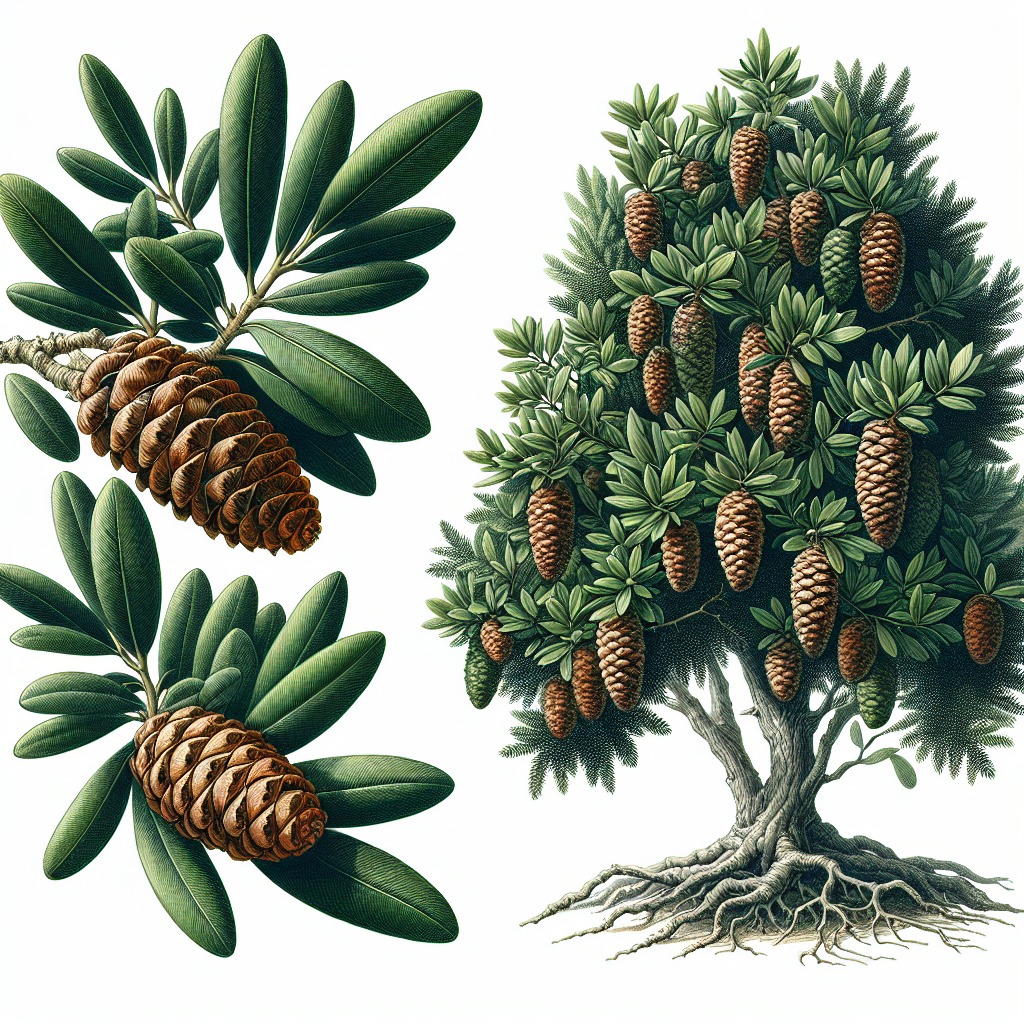Conocarpus Crisis: A Growing Threat to India's Ecosystems and Public Health
The Supreme Court's Central Empowered Committee warns that Conocarpus, a fast-growing exotic species in India, poses ecological and health risks and should be banned nationwide. The tree threatens biodiversity, groundwater, and infrastructure, with negative impacts on health and the environment, leading some states to initiate removal efforts.

- Country:
- India
The Central Empowered Committee (CEC), mandated by the Supreme Court, has issued a warning about Conocarpus, an exotic species widely planted in India for urban greening. The CEC calls for a nationwide ban, citing significant ecological and public health risks associated with the tree.
In a detailed 40-page report to the apex court, the CEC describes Conocarpus as "ecologically unsuitable," threatening biodiversity, groundwater, and infrastructure. Its rapid spread has raised concerns over its invasive nature, with serious health implications due to pollen-induced allergies.
States like Gujarat, Tamil Nadu, and Telangana have initiated measures to curb its growth, but the CEC highlights the need for a unified national strategy. The committee urges the environment ministry to classify Conocarpus as an invasive alien species and recommends replacing it with native trees.
(With inputs from agencies.)
ALSO READ
Supreme Court Presses for Swift Decision on J&K Book Ban Controversy
Ambani’s Ambitious AI and Clean Energy Strategy: A Bold Vision for Reliance's Future
Transformative Urban Development Along Delhi-Meerut Rapid Rail Corridor
Bangladesh Braces for Unprecedented Election Challenges
Delhi Launches Land Bank Portal to Boost Business Investment










